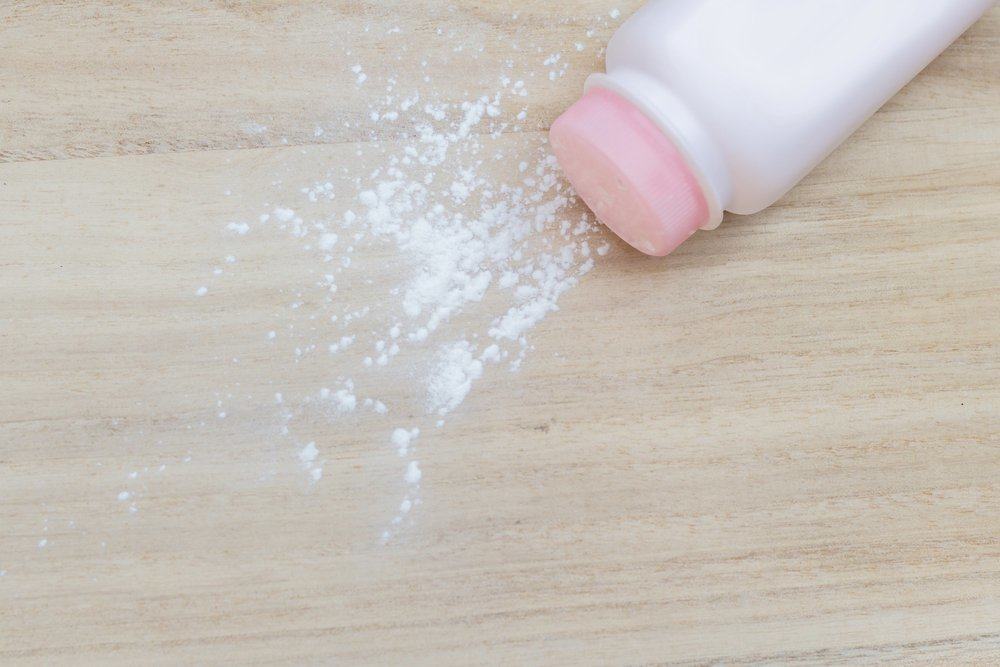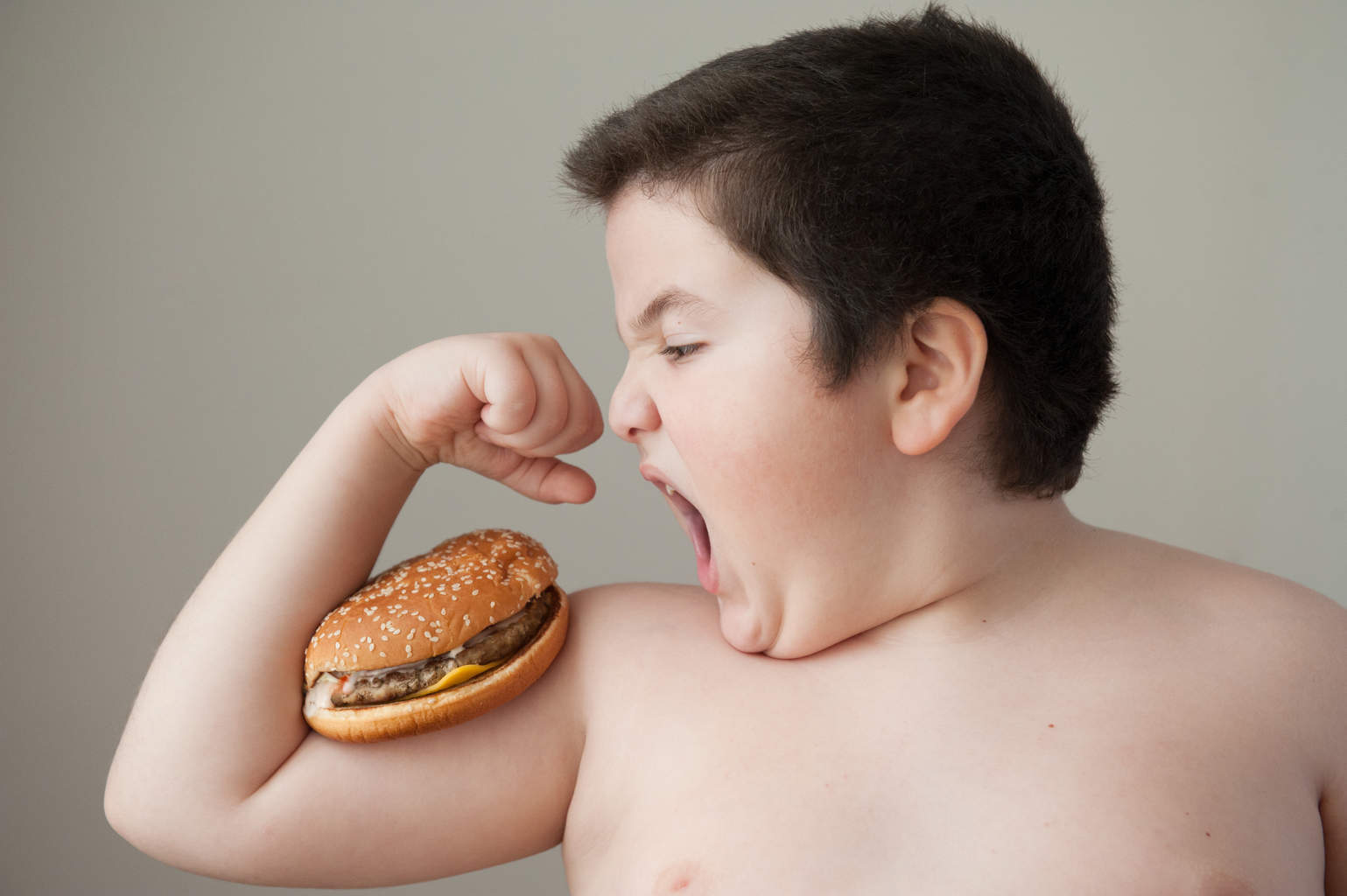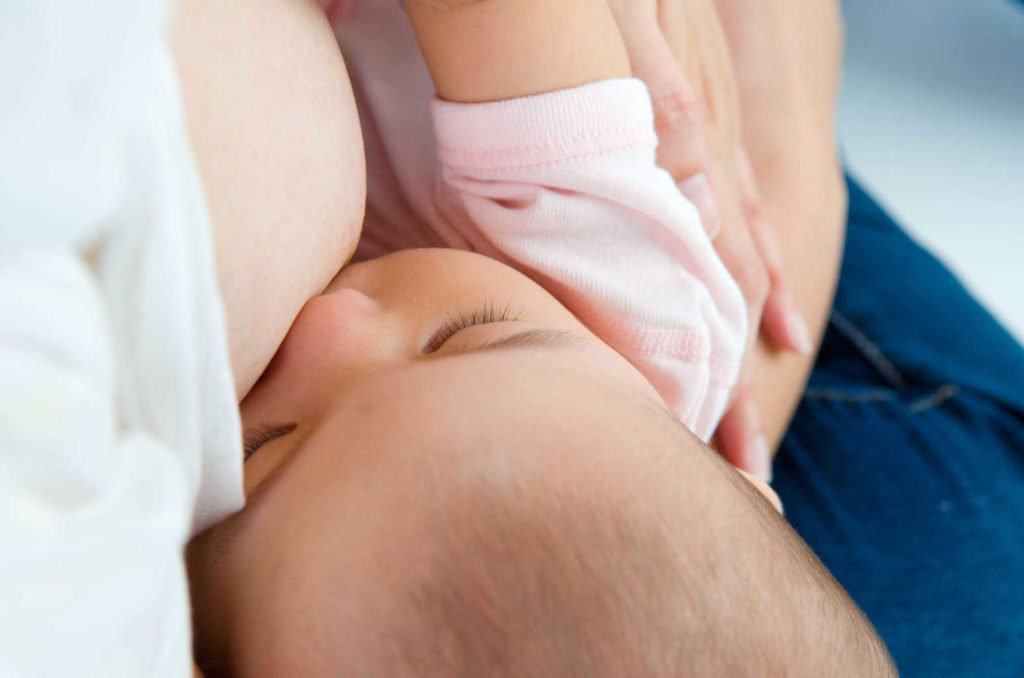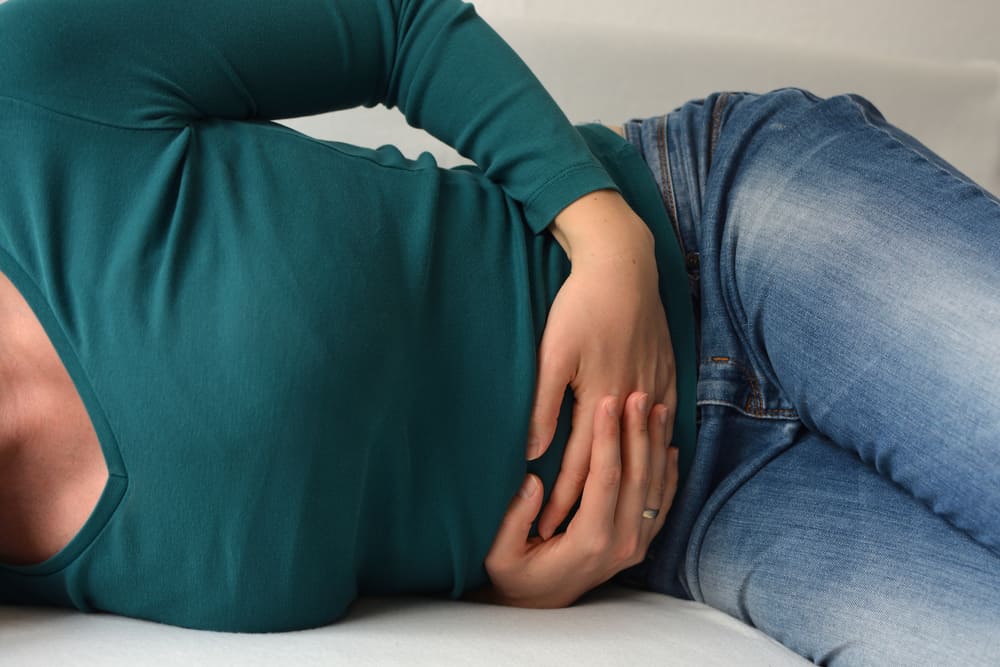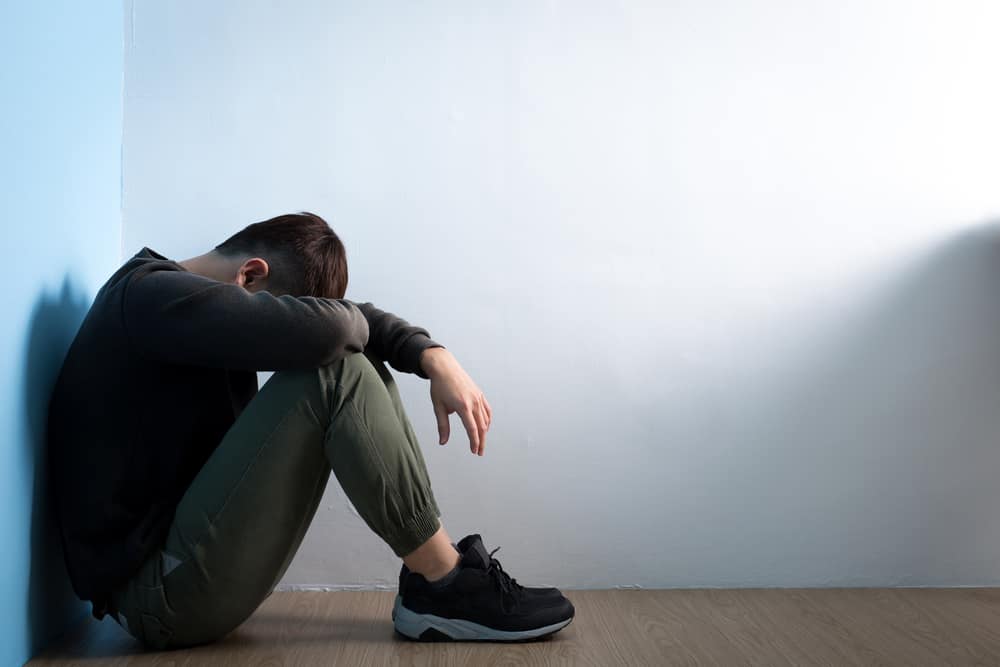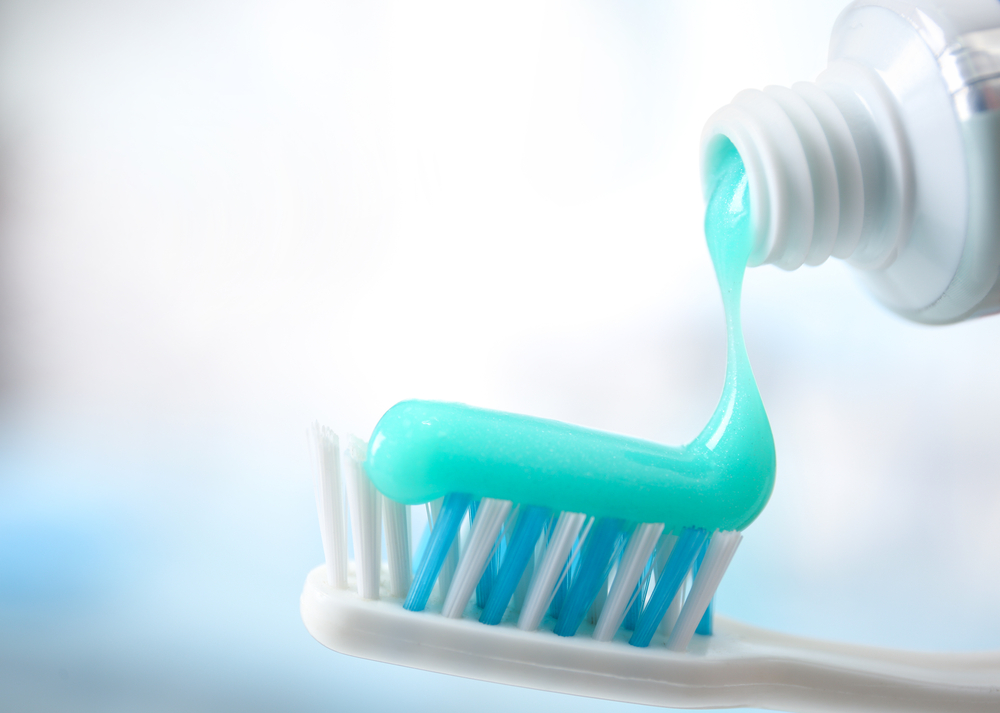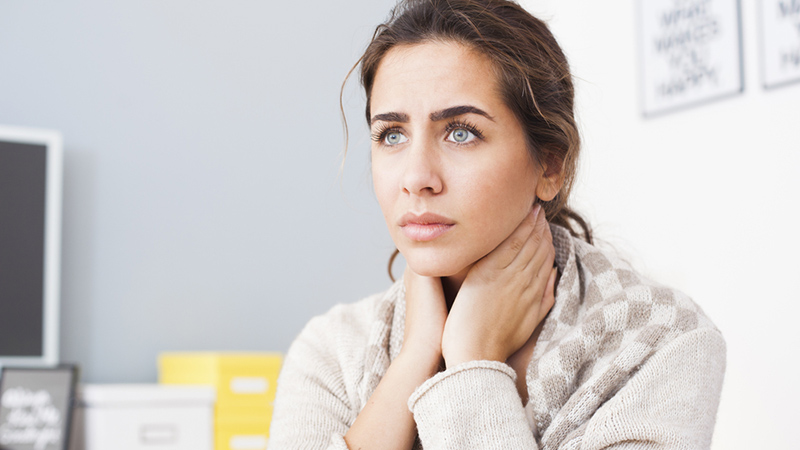Contents:
- Medical Video: DEATH BY TALC: How Baby Powder Kills Babies
- Does the baby really need baby powder?
- Danger of baby powder for your baby
- Respiratory problems
- Dry and irritated skin
- Cancer
- Which must be considered when using baby powder
- 1. Choose powder from corn flour
- 2. Routinely changing diapers
- 3. Clean the remnants of powder on the baby's skin
- 4. Pour in hand first
Medical Video: DEATH BY TALC: How Baby Powder Kills Babies
When changing your baby's diaper, you might automatically use baby powder. Or after bathing the baby, you don't forget to give baby powder to your baby's entire body. Baby powder does smell nice and can make your baby's skin feel smoother. That is why the habit of giving powder to babies or young children has become a tradition passed down from generation to generation. However, lately there have been concerns about the dangers of baby powder. The risks that may be caused are quite serious, ranging from respiratory problems to cancer. To avoid these various risks, read on and complete the explanation below.
Does the baby really need baby powder?
Generally baby powder is widely used by parents to keep the baby's buttocks dry and fragrant. This is done to prevent diaper rash. In addition, baby powder is also usually used after your baby is bathed to keep it fresh and fragrant. However, your baby does not need powder. Your baby's skin which is still very vulnerable should be left in its natural condition, without being given additional chemicals that are at risk for his health. Pediatricians and health agencies around the world such as the American Academy of Pediatrics also do not recommend the use of baby powder, especially in newborns. This is because the danger of baby powder is greater than the benefits.
Danger of baby powder for your baby
You may have never heard a suggestion from a doctor to routinely give baby powder to your child. However, the use of baby powder is very popular. This is because baby powder has been aggressively advertised since then by powder producers. Because they often see these advertisements, people also feel that using baby powder is a natural thing, even a necessity. If you often use baby powder for the baby, first read some of the risks as a consideration.
Respiratory problems
Baby powder consists of very fine particles that easily spread and carry air. These particles can be inhaled by your baby. Because the baby's lungs and respiratory system are not as strong as adults, inhaled particles are more at risk of causing respiratory problems, especially if there are too many particles that settle in the respiratory system of your baby.
Dry and irritated skin
Although many parents use baby powder to protect the skin from irritation, diaper rash, and excessive sweating, powder can actually trigger these problems. Baby's skin is still very sensitive so the chemicals in the powder such as talkum and fragrance are at risk of causing irritation. In addition, baby powder will absorb the natural moisture of the baby's skin so that your baby's skin can feel dry and itchy. Also be careful when using baby powder to treat diaper rash. Powder made from corn flour is at risk of worsening the rash because it can cause yeast infections.
Cancer
Maybe you've heard about the dangers of baby powder made from talkum. Powder from talc contains chemicals such as silicon and asbestos which are carcinogenic (cause cancer). According to the American Cancer Society, talcum powder can increase the risk of ovarian cancer and lung cancer in adults. Currently there are no known cases of cancer in infants because of the use of powder, but you should still be aware of its use.
Which must be considered when using baby powder
Some babies are more susceptible to the dangers of baby powder. Be careful if your baby is born prematurely, has congenital heart disease, or inherits a respiratory problem such as asthma or has been infected with a respiratory syncytial virus (RSV). If your baby is not susceptible to the dangers of baby powder, you can use it wisely. Consider the following points to minimize the risk of baby powder on the baby.
1. Choose powder from corn flour
The danger of baby powder for breathing can be minimized by switching to powder made from corn flour (cornstarch) This type of baby powder is larger so the chances of being inhaled by your baby are smaller. In addition, powder from corn flour can also avoid the baby and yourself from the risk of cancer.
2. Routinely changing diapers
To avoid damp diaper areas, you should often change your baby's diaper. After cleaning the diaper area, let it dry until it's natural rather than applying too much baby powder. After that, wear a new diaper with just a little baby powder.
3. Clean the remnants of powder on the baby's skin
If baby powder settles and is left on the skin, your baby is at risk of experiencing irritation or allergies. So, make sure you always clean the remnants of powder that sticks to the baby's skin every time you change a diaper or bathe the baby.
4. Pour in hand first
Do not immediately pour powder on the baby's skin, especially near his face. Powdered particles will be easier for babies to breathe. You should first pour the powder in your hand, away from the baby. After that, spread it over your palms, just pat very slowly on your baby's skin. If your baby is coughing or has difficulty breathing, immediately call emergency services and have your baby checked by the nearest health center.

